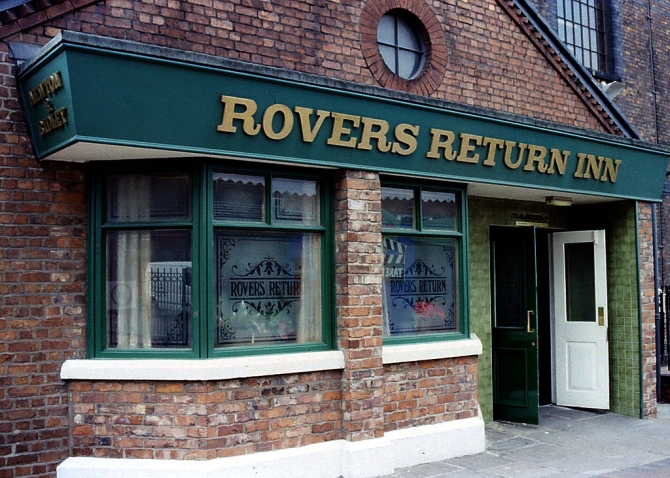Allied London says it has started working with a team of “master planners and heritage consultants” to determine the future of the former ITV Granada studios site in Manchester.

Speaking at a public meeting to outline its plans for the 13-acre lot — which stretches from the city’s Quay Street to the Museum of Science and Industry — the developer’s chief executive, Mike Ingall, said: “We have a once in a lifetime opportunity to help shape the future of our city and create a vibrant new neighbourhood on a site that has been largely closed to the public for several decades.”
Allied London, the company behind the nearby Spinningfields scheme, has commissioned architect Ian Simpson to design a master plan for its “modern village” concept for the studio site. It will include a mix of tall riverside residential blocks and smaller five to six-storey commercial buildings. The entire development will be known as St John’s Village.
Following ITV’s move to MediaCityUK, Allied London last year agreed a £26.5m joint venture deal with the city council called Manchester Quays Ltd. Outline consent for 1.2-million sq ft of offices, 200,000sq ft of retail space and 895 homes has already been granted, but a revised scheme is due to be submitted next month.
The first stage of the updated plan will involve the remodelling of Granada Television’s former headquarters into 60,000sq ft of office space, converting sound stages into bonded warehouses and the construction of up to 100 homes. If approved, work will start in the autumn of 2015.
Ingall claimed it would be “quite easy” to fund the £100m needed for the initial development. Phase two would see the Globe & Simpson building at the lower end of Quay Street redeveloped along with Albert’s Shed on the River Irwell as offices and apartments. A final commercial village area would be built before the scheme was completed by late 2018.
Describing the proposed village as having, “ginnels, alleys and routes that create unexpected experiences” Ingall went on to explain his company’s commitment to the history of the former studio site.
“We’re trying to bring back a weave of smaller scale streets,” he said. “We are focusing on keeping the buildings that we believe have heritage and some architectural merit. We will certainly be retaining the Granada headquarters and all of the studios. They’re not listed but we believe they’ve got heritage value.”
The Coronation Street set will make way for housing, but a number of ITV buildings — part of the first purpose built television studio in Britain — will be retained. Two years after Granada began broadcasting Coronation Street from Manchester, the Beatles made their TV debut from the studios in 1962. More recently it was the location of the first live General Election debate in 2010.
A smaller building, at the entrance to the Coronation Street set once used as a creche, will be transformed into a cultural centre reflecting the site’s past.